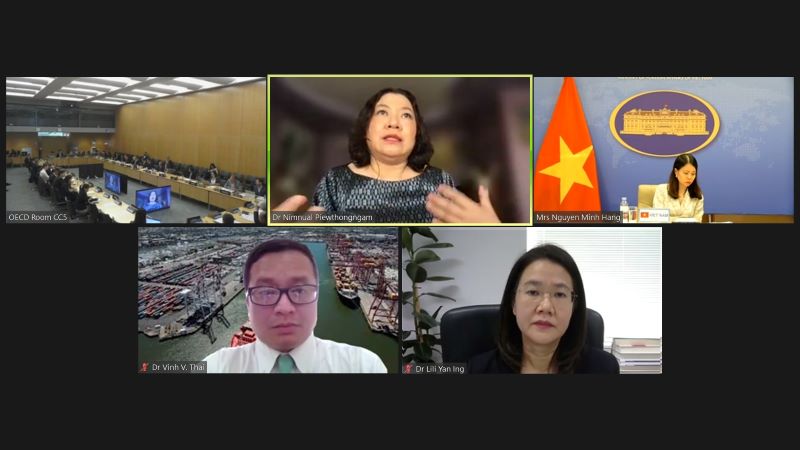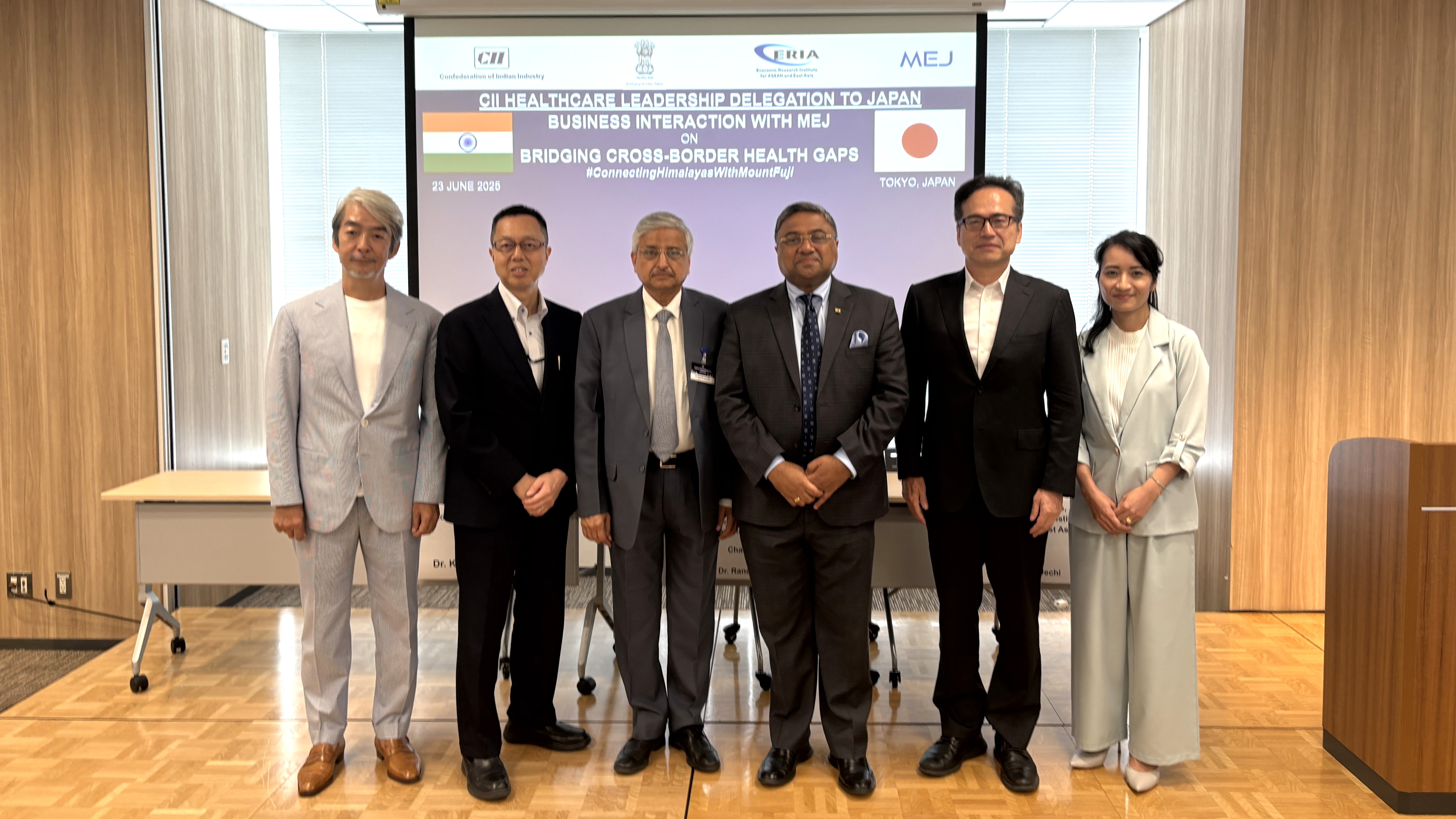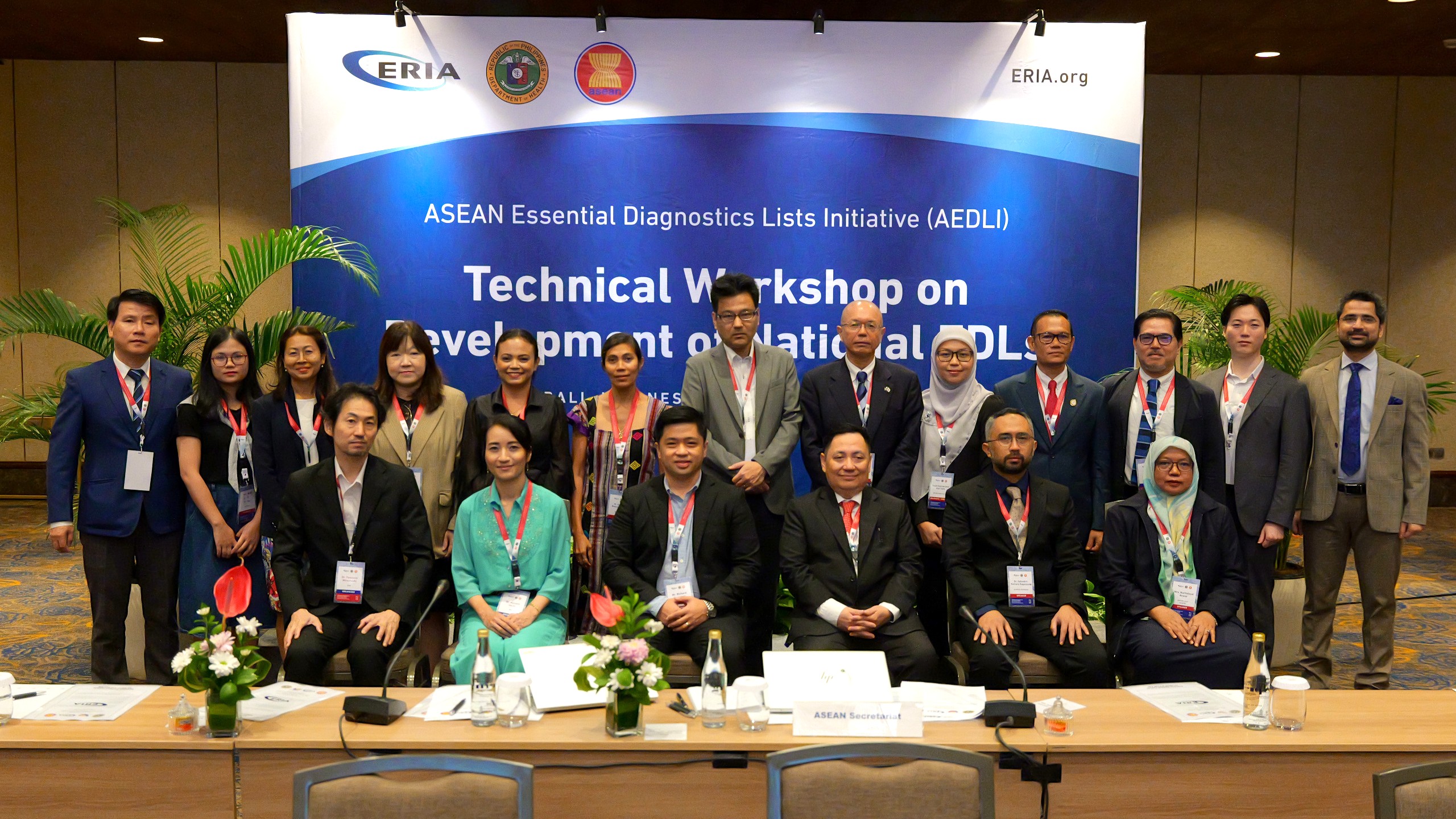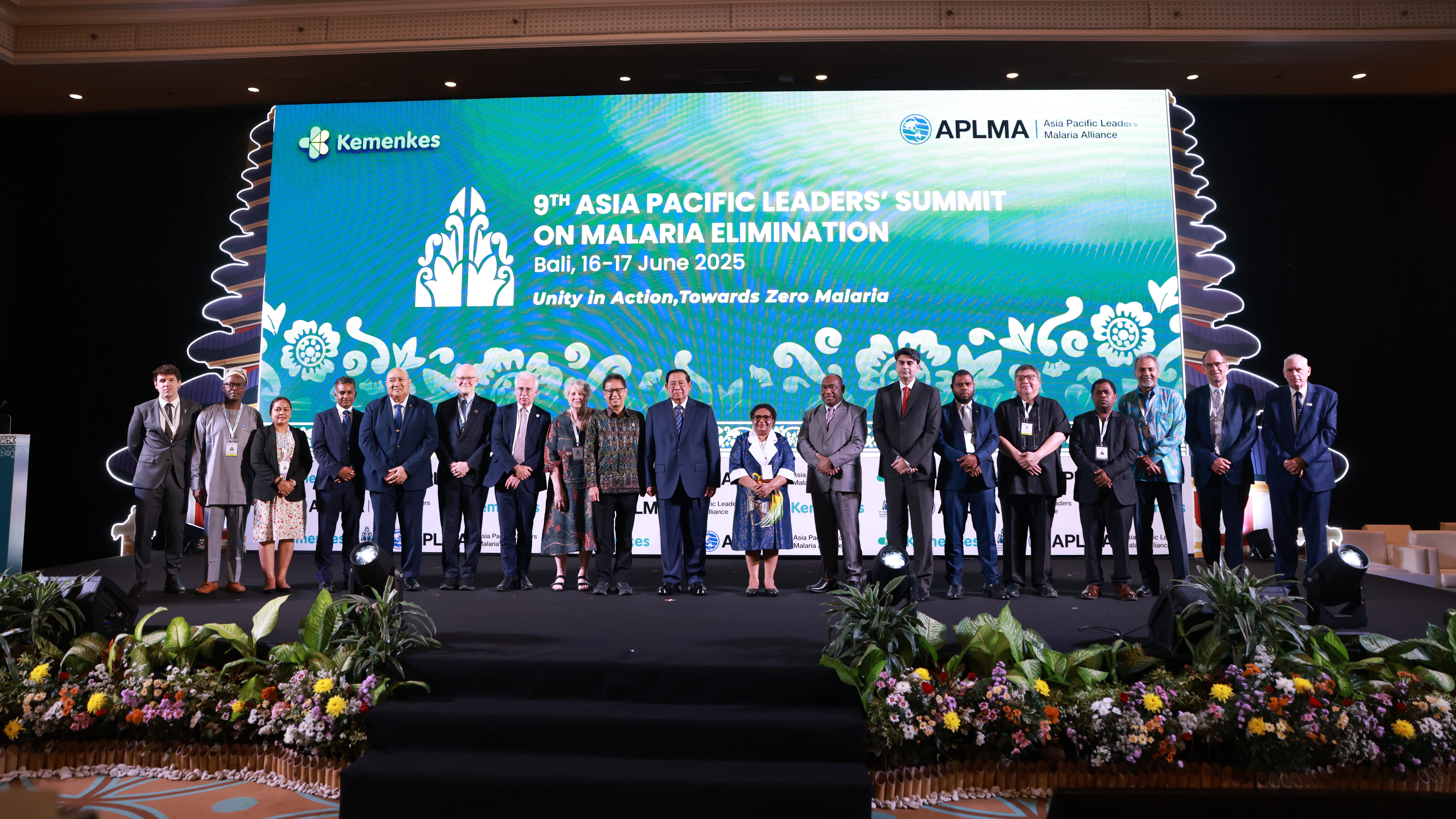ERIA's Lead Advisor on Southeast Asia Dr Lili Yan Ing: COVID-19 Pandemic Exposed Flaws Within the Global Supply Chain
Date:
22 June 2022Category:
-Topics:
-Share Article:
Print Article:
Paris, 22 June 2022: Dr Lili Yan Ing, ERIA’s Lead Advisor on Southeast Asia, was invited as one of the main speakers at the OECD’s Supply Chain Resilience in Southeast Asia meeting held in Paris. On responding to some of the main questions asked by the chair, Dr Ing explained how the pandemic has exposed flaws within the global supply chain. It serves as a wake-up call to reform the structural integrity of global logistics. Complex supply chains and over-reliance on too few producers should be transformed into shorter supply chains and a diversified base of suppliers. New strategies such as just-in-case systems can be adopted to absorb short-term shocks and nearshoring or reshoring to improve inventory system as well as shorten delivery process.
Dr Ing elaborated further by explaining how anti-globalization sentiments have been persisting in the recent years. While globalization has its unintended consequences such as rising of inequality, trade liberalization has significantly contributed to economic growth and overall human welfare. Meaning that anti-globalization shouldn’t be the action taken, but—as Stiglitz puts it— it is the rules of globalization itself that should be rewritten.
Following Dr Ing’s works on supporting Indonesia’s G20 presidency, she expects G20 to achieve in three key areas: economic recovery, digital transformation, and sustainability and renewable energy. G20 plays a key role in ensuring that no countries are left behind when recovering from the pandemic. G20 also needs to implement what it has already to in the fields of industrial robots, automation, and artificial intelligence (AI). Finally, G20 should require countries to prioritize green economy as sustainable development can only be achieved through cooperation among nations.








